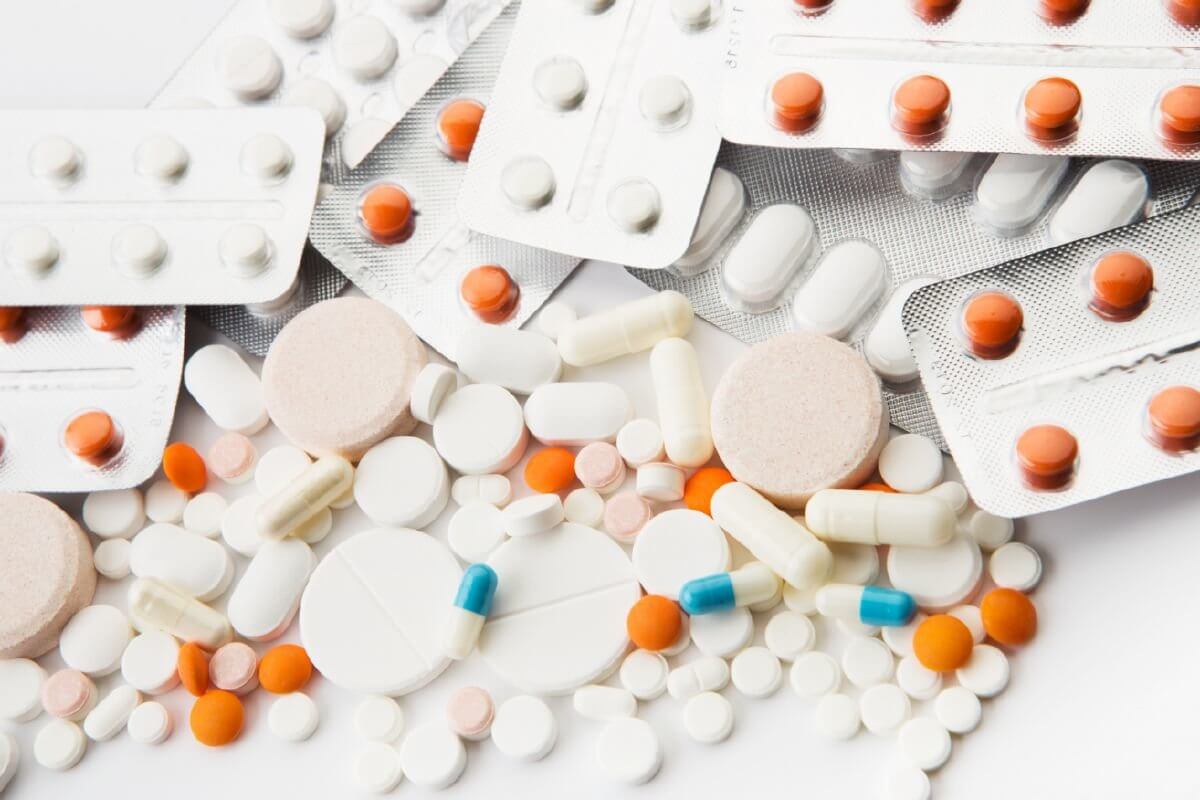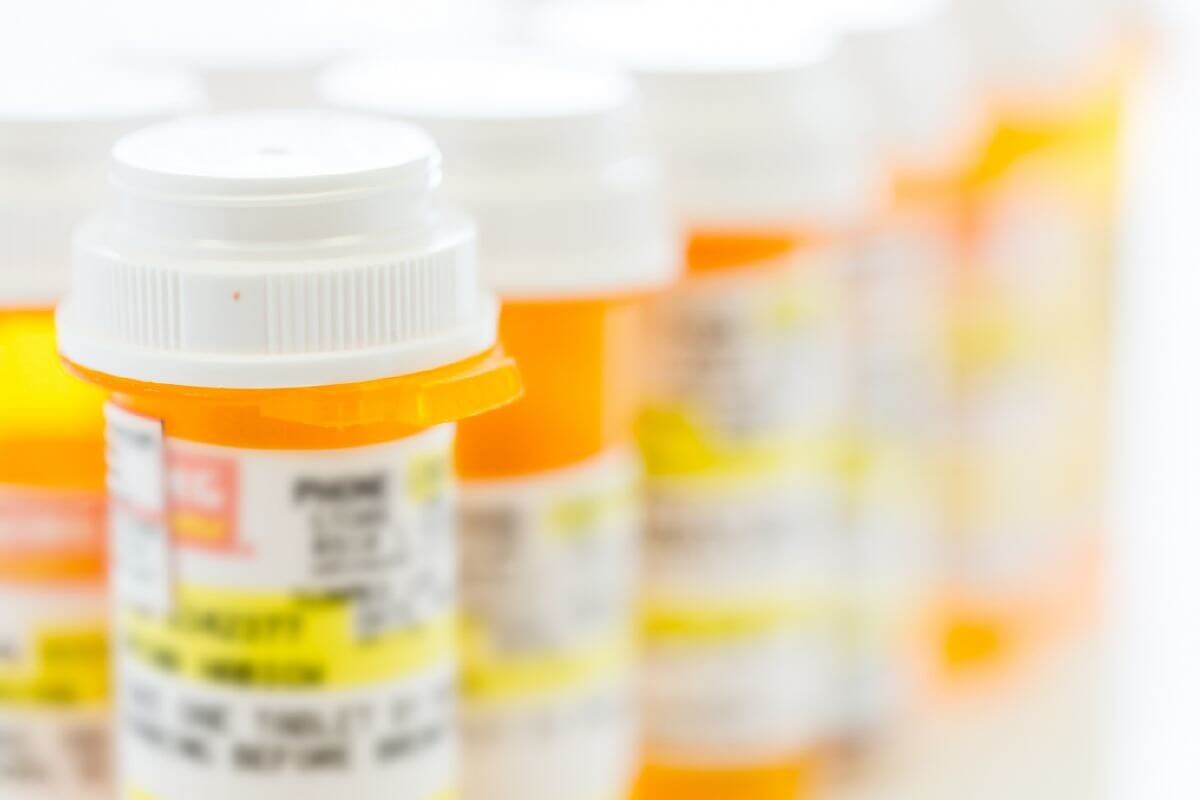How Addiction Treatment Has Improved Due To Medication
A lot of efficient addiction treatment programs need the use of other drugs to help withdrawal side effects and decrease the chance of relapse. Medicine can make it painless for recovering addicts to keep in sobriety. Many recovering addicts are unable to bear the severity of withdrawal symptoms and this makes many of them relapse. A patient can be put on these medications for the relief of withdrawal symptoms either as an in or out patient. The monitoring physician keeps altering the amount the patient takes for maximum benefit.

Withdrawal symptoms and cravings can be eased with the help of medication that mimic the effect of the addictive substances.

Detoxification And Withdrawal From Drugs
At the start of the program, the body goes through a process to remove the drugs from the system. This is cleansing or detox. Depending on the drug the detox stage can last as long as several days to several weeks.
The most difficult stage of detox is dealing with withdrawal side effects. Depending on the patient's past drug or alcohol use the withdrawal symptoms will vary. The ones that were using opiates in high dosages for a long-term have the worst side effects.
The patient may experience horrible symptoms during detox. These are some side effects
- Anxiety
- Hopelessness
- Sickness
- Fits
- Body pains
- Sweating
To deal with these withdrawal side effects, many medicines are available for this. Many of the drugs that doctors use in detoxification are
- Benzodiazepines
- Anxiety and crabbiness can be decrease by these medicines.
- Anxiety is a prevalent withdrawal side effect from a lot of Opiates, such as Cocaine and Heroin.
- The recommended Benzos give a soothing feeling that helps withdrawal also from alcohol.
- Benzos are addictive so physicians are careful about prescribing those.
- Antidepressants
- These medicines help the user to feel good and create natural happiness in their brain.
- Depression in detox in a common symptom as the patient is longer getting the happy feeling from the drug they have taken for a long time.
- Until the brain can produce happiness inducing chemicals the patient is given antidepressants during the rehab program.
- Clonidine
- Clonidine is prescribed to treat alcohol and drug withdrawals and it decreases sweating, muscle spasm, anxiety and muscle pains.
- Tremors and fits can also be reduced with the use of Clonidine.
People who are detoxing from alcohol or Benzodiazepines for instance Valium or Xanax must never leave "cold turkey" in middle as their withdrawal sign can be fatal. Withdrawal from other Opiates aren't constantly deadly, however difficult situations can still appear. Detoxifying under medical supervision makes sure things are done right and raises the chances of beating the addiction.
Speak with someone that can give you assistance in case you are suffering from an addiction.
Medicines For Treating Alcohol Addiction
Making wrong use of alcohol on a normal basis for a long-term can extend withdrawal side effects, which could last from weeks to months. This is called prolonged or post-acute withdrawal syndrome (PAWS).
Medications prescribed for PAWS are also active in stopping the urge to use and make the user unable to hold alcohol in their stomach. These medicines frequently come as a capsule that patients take every day.

Medicines for alcohol addiction are
- Naltrexone (Vivitrol)
- Naltrexone (Vivitrol) stops the brain from producing pleasure chemicals in reaction to alcohol intake.
- The craving for alcohol is also reduced by the drug.
- There are side effects of using Naltrexone including headaches and nausea.
- It can be administered by injection every four weeks.
- Acamprosate (Campral)
- Acamprosate has the ability to comfort from the effects of alcohol obsession that includes emotional and physical suffering.
- Once completing the detox, recovery from alcohol can use Acamprosate.
- Acamprosate decreases the craving to drink by avoiding negative sensations, such as nervousness and depression.
- Disulfiram (Antabuse)
- The first drug to be approved for treatment of alcohol addiction was Disulfiram.
- When someone that is taking Disulfiram drinks alcohol, the medicine provokes effects like nausea and vomiting.
- To avoid this sickness, the person who is taking Disulfiram must not consume drink.
Familiarize yourself with available treatments for alcohol dependency.
Treatment Medicine For Heroin And Opiate Addiction
Drugs in the opiate group are Heroin, Morphine and narcotic painkillers like Oxycontin. Opiate and Heroin medications helps the person in fighting against hunger and withdrawal signs. These medications are taken daily in the form of orally ingestible pills.
Withdrawal from Opiate use can go on for only a week for some people. Long- term withdrawal symptoms can be experienced by some people. In a few cases, withdrawal symptoms may last for several months or even years. The urges to use drugs and PAWS can be treated using long-term replacement medications. Ex-users can often find themselves taking medicines for up to a year, or longer is needed.
Addiction medicines for Heroin and painkillers are
- Methadone
- Methadone is a drug used for mild to serious addictions.
- Methadone links to the same receptors in the brain as Heroin and painkillers but without the high.
- Withdrawal symptoms and the urge to use are reduced by this.
- Because Methadone also has the capacity to cause addiction, it is usually prescribed cautiously.
- Treatment facilities offering Methadone give it to their patients daily so that they are not able to over indulge and become addicted.
- Find out more information about Methadone.
- Buprenorphine (Suboxone)
- The addiction potential is less in Buprenorphine yet it works like a Methadone.
- Instead of having to go for the drug every day at the clinic, the recovering users can go home with the drug.
- Naltrexone
- Naltrexone is for both opiate addiction and alcohol addiction.
- It helps to reduce cravings.
- Since alcohol and opiates work on the same brain nerve endings, Naltrexone can stop both the same way.
Detoxing And Rehab
Many people have attempted to give up drug use on their own. This isn't just more difficult, it is also more risky than a medical detoxing. To gain sobriety with no added health issues or risk of relapsing, a medically supervised detox is the best and safest mode. Some addictions such as alcohol or benzos are more suited to medical detox.
A monitored detox is the primary stage to treat any kind of addiction.
Health problems can be improve through supervised detox. Fluids levels, temperature, heart and breathing rate checked by doctors. The doctors keep the patient comfortable. In addition, they adapt any medicine dosages depending on the patient's requirements and durable programs for medication.
Medical detox is for anyone facing health problems. Withdrawals can make situations difficult such as high blood pressure. Doctors can spot impending problems and treat them early.
Inpatient rehabs include Detox, most often. 30 to 90 days of rehab is the average time it takes. The primary week is of carefully monitored detoxification. Treatment in rehab centres also incorporates psychological counselling for an all round recovery.
Get a treatment centre with medically supervised detoxification if you or someone you know is struggling with addiction call 0800 246 1509.
